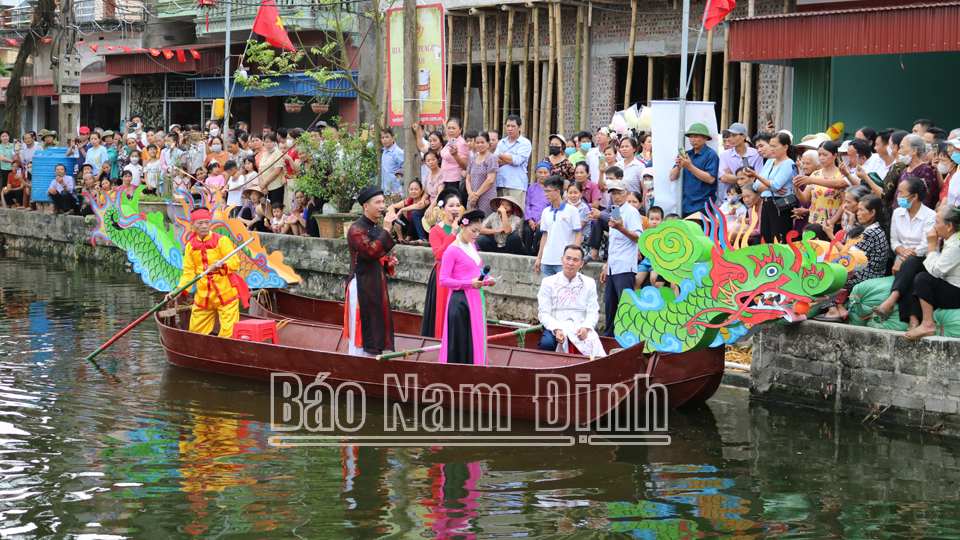 |
| Singing Cheo on the river in the "Peace Singing" Festival. |
The “Thai Binh Xuong Ca” Festival has been maintained continuously by the local community since the Tran Dynasty through historical periods: the Later Le Dynasty, the Nguyen Dynasty... In particular, in the late 19th century and early 20th century, the festival was solemnly held on a large scale. During the resistance war against French colonialism and American imperialism, due to war and economic difficulties, the festival was not held regularly. Since the 1990s, along with socio-economic development, the attention of local authorities and researchers, the Dong Temple relic (Gao Village Temple), the “Thai Binh Xuong Ca” Festival was surveyed and comprehensively researched as a basis for restoring the festival in 1992. In 1993, Dong Temple was ranked as a national historical and cultural relic by the Ministry of Culture - Information (now the Ministry of Culture, Sports and Tourism).
After more than 700 years, the “Thai Binh Xuong Ca” Festival is now held by the local government and people every three years in the years of Dan, Than, Ty, Hoi, from the 9th to the 11th of the third lunar month. The ceremony includes the procession of the Saint’s palanquin from the East Temple, the West Temple and the incense altar of 18 clans gathered at Dam Hat; sacrificial offerings, male and female mandarins’ offerings, chanting, reciting Buddha’s name, and Ban Da worshipping… clearly demonstrating the community’s customs and practices in the worship of ancestors and the village’s tutelary god associated with the indigenous culture of the wet rice farming residents. Besides the solemn rituals, there is also a festival serving the people who go out and watch the festival with traditional cultural and sports activities, exciting folk games: Cheo singing, Quan Ho singing on the river, weaving on the lake, rowing boats to transport food on the river, racing to hit balloons, playing swings, cockfighting, catching ducks in the pond, catching ducks on land, blindfolded pot-breaking, crossing the bridge, catching pigs, playing lantern flags under water, Chinese chess, Trong Quan singing, Tam Cuc Diem, To Tom Diem, Dragon Cloud Dance, Lion - Lion Dance...
Legend has it that in the old Gao village, there was a very good team transporting food by bamboo boat, associated with the song "The whole village transports the King's rice/ Enough for the soldiers to eat all four seasons". Rowing boats to transport food is a game with a unique cultural beauty typical of the "Thai Binh Xuong Ca" Festival, aiming to recreate the story of the boats transporting food by water to Thien Truong Palace to serve the mandarins and soldiers of the royal court. Rowing boats to transport food is held on Dong Doai pond on a distance of about 500m. The boats are decorated with dragons carrying bags of rice husks (symbolizing food bags), the rowers stand in the middle. The leading boat has a general holding a sword, one person beating a drum, and one person rowing the boat. The story of the Tran Dynasty's boat fleets providing food and provisions for soldiers fighting the enemy has educational significance about collective consciousness and solidarity for the younger generation.
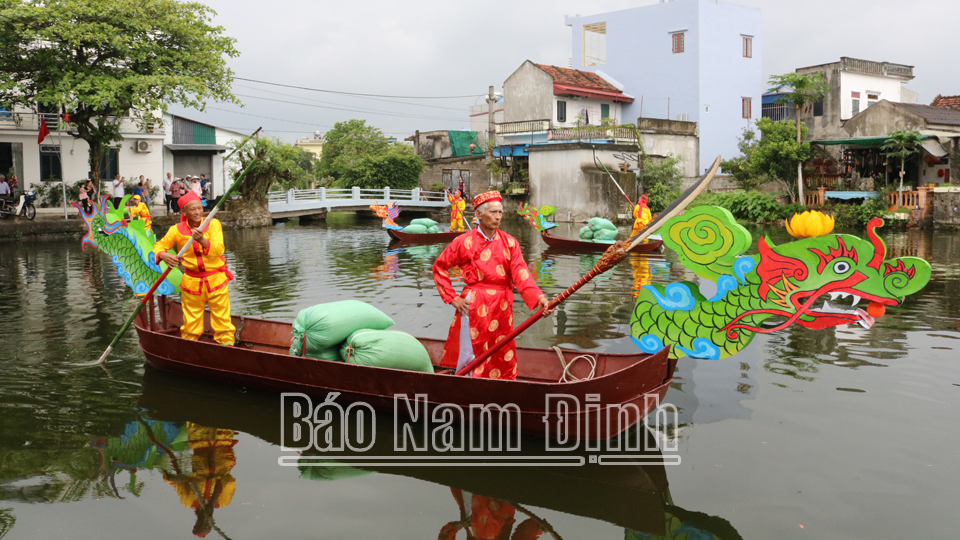 |
| Rowing boats carrying food in the "Thai Binh Sang Ca" Festival recreates the story of the boats transporting food by water to Thien Truong Palace to serve the Tran Dynasty's military and officials. |
“Who comes to my hometown, Gao village/ There is a weaving profession, swinging the shuttle/ The weaving profession of my parents in the past/ The owls call out, the shuttle swings rhythmically/ Swinging the shuttle, the thread is wide and wide/ Weaving a piece of cloth, the work of the young and the old/ Young, old, boys and girls are familiar with the profession/ There is a weaving profession of my hometown, beautiful and rich”. Those are the lyrics of the song “Gao village weaves fabric” in the game Weaving on Dong Doai lake in front of the Festival. Participating in the game, the traditional small wooden loom and the weaver are on a raft placed in the middle of the lake, the locals and tourists stand on the shore to cheer. The leader sings the song “Gao village weaves fabric” to the rhythm of the bustling drums. The image of women and mothers competing in weaving on the lake in the festival not only has the meaning of honoring the traditional weaving profession of the people of Gao village, demonstrating the ingenuity and diligence of the women of Gao village, but also reminds their descendants to preserve and pass on the beauty of the cultural craft village of their homeland. In Cho hamlet, wrestling is organized to attract wrestlers from the village and many localities to participate. This is a competitive sport, demonstrating the martial spirit of the nation, training the health of the people. In addition, in the "Thai Binh Xuong Ca" Festival, there are many other attractive folk games held in Cuoi hamlet, Ben hamlet, Cho hamlet, Chai hamlet... The activities in the festival are all practiced in association with singing, creating a joyful and bustling atmosphere as the name of the festival. Some activities in the old festival such as: Chau Van singing competition, bibliography reading competition, poetry releasing competition... are being researched for restoration.
The “Thai Binh Xuong Ca” festival originated from the Tran Dynasty and is closely associated with the cultural space of the Tran Dynasty in Nam Dinh. During the festival, there are many unique rituals and activities bearing the mark of historical and cultural significance, and most of the activities take place on the river, symbolizing the naval battles of the Tran Dynasty army and people defeating the invaders. That is the ritual of carrying the Saint’s palanquin and the incense altar of the 18 ancestors - symbolizing the strength of solidarity, considered as the “Dien Hong Conference”, demonstrating the spiritual strength of “Killing the Mongols” of the Tran Dynasty army and people “The King and his subjects were of one mind, the brothers were in harmony, the whole country contributed so the enemy had to surrender”. During the festival, there are dragon dances with the appearance of a pair of dragons (golden dragon, green dragon). The golden dragon is the symbol of the Son of Heaven - King Tran, the green dragon symbolizes the people, demonstrating the policy of “being close to the people”, “taking the people as the foundation” of the Tran Dynasty.
The "Thai Binh Xuong Ca" Festival is one of the typical traditional folk festivals, representing the cultural beauty of villages in the Northern Delta. In which, village culture is combined with clan culture and family culture to create unique traditional cultural values of rice farmers with the pure thoughts and feelings of rice farmers who only pray for "National peace and people's security", "Favourable weather", "Flowing fields and good harvests". With its typical cultural, religious and spiritual values, the "Thai Binh Xuong Ca" Festival was listed by the Ministry of Culture, Sports and Tourism in the List of National Intangible Cultural Heritage (according to Decision No. 155/QD-BVHTTDL dated February 2, 2023), and is one of 12 intangible cultural heritages of the province honored at the national level.
In the year of At Ty 2025, the "Thai Binh Xuong Ca" Festival is again enthusiastically organized by the local government and people, an opportunity for descendants from near and far to return to gather with their families, clans, and villages; for each person to turn to their roots, remember their ancestors; together recreate and enjoy traditional festival activities, demonstrate the strength of community solidarity, and spread traditional cultural values.
Article and photos: Khanh Dung
Source: https://baonamdinh.vn/van-hoa-nghe-thuat/202504/sac-mau-van-hoa-le-hoi-thai-binh-xuong-ca-c6b364b/


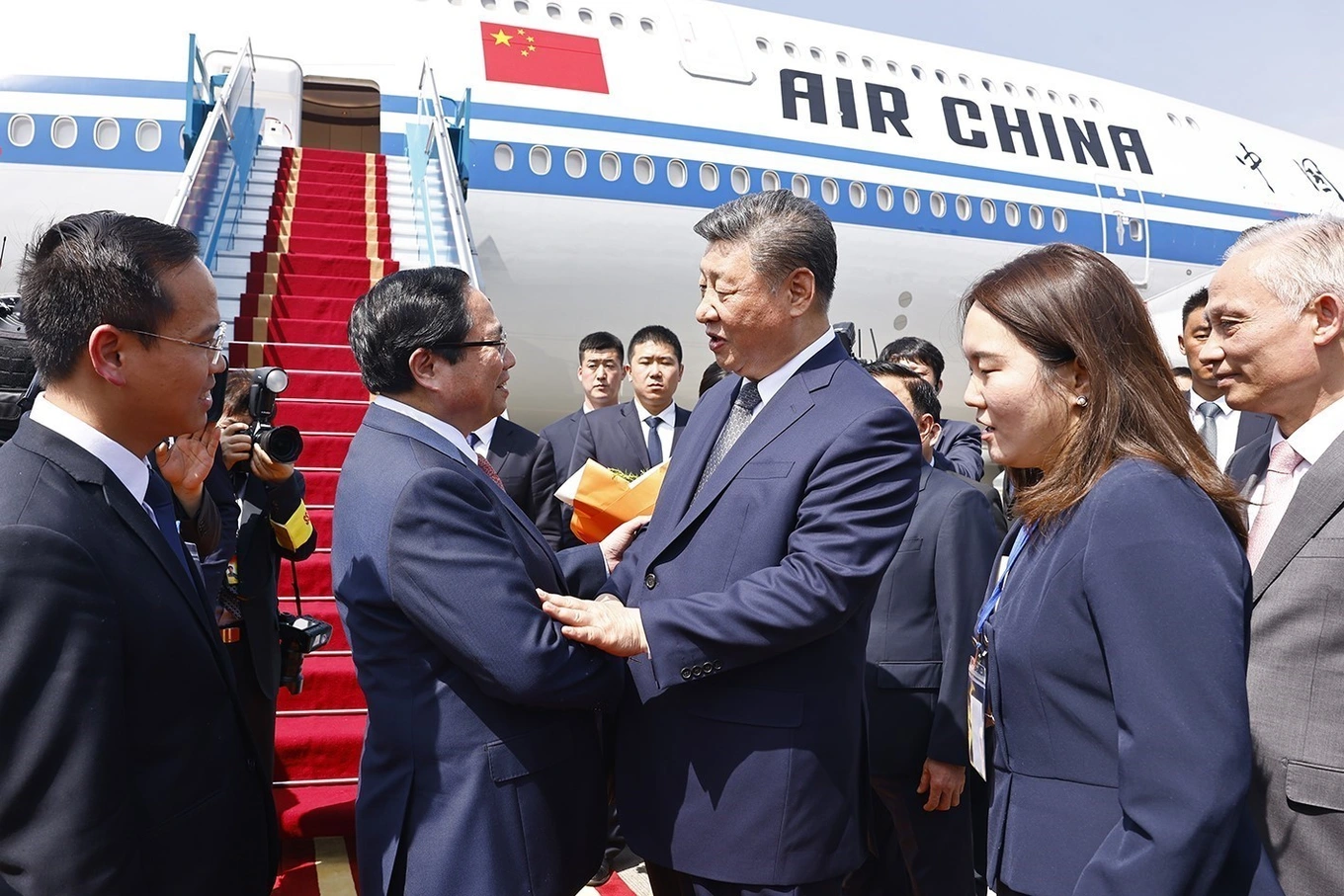
![[Photo] Air Force actively practices for the April 30th celebration](https://vstatic.vietnam.vn/vietnam/resource/IMAGE/2025/4/15/16fdec3e42734691954b853c00a7ce01)
![[Photo] Welcoming ceremony for Prime Minister of the Federal Democratic Republic of Ethiopia Abiy Ahmed Ali and his wife](https://vstatic.vietnam.vn/vietnam/resource/IMAGE/2025/4/15/77c08dcbe52c42e2ac01c322fe86e78b)
![[Photo] General Secretary To Lam meets with veteran revolutionary cadres, meritorious people, and exemplary policy families](https://vstatic.vietnam.vn/vietnam/resource/IMAGE/2025/4/15/7363ba75eb3c4a9e8241b65163176f63)
![[Photo] Ho Chi Minh City after 50 years of national reunification through buildings and symbols](https://vstatic.vietnam.vn/vietnam/resource/IMAGE/2025/4/15/a224d0b8e489457f889bdb1eee7fa7b4)


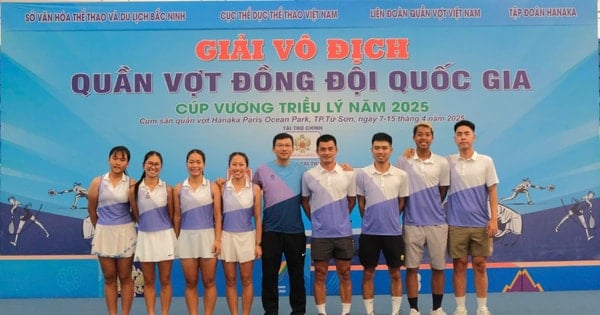
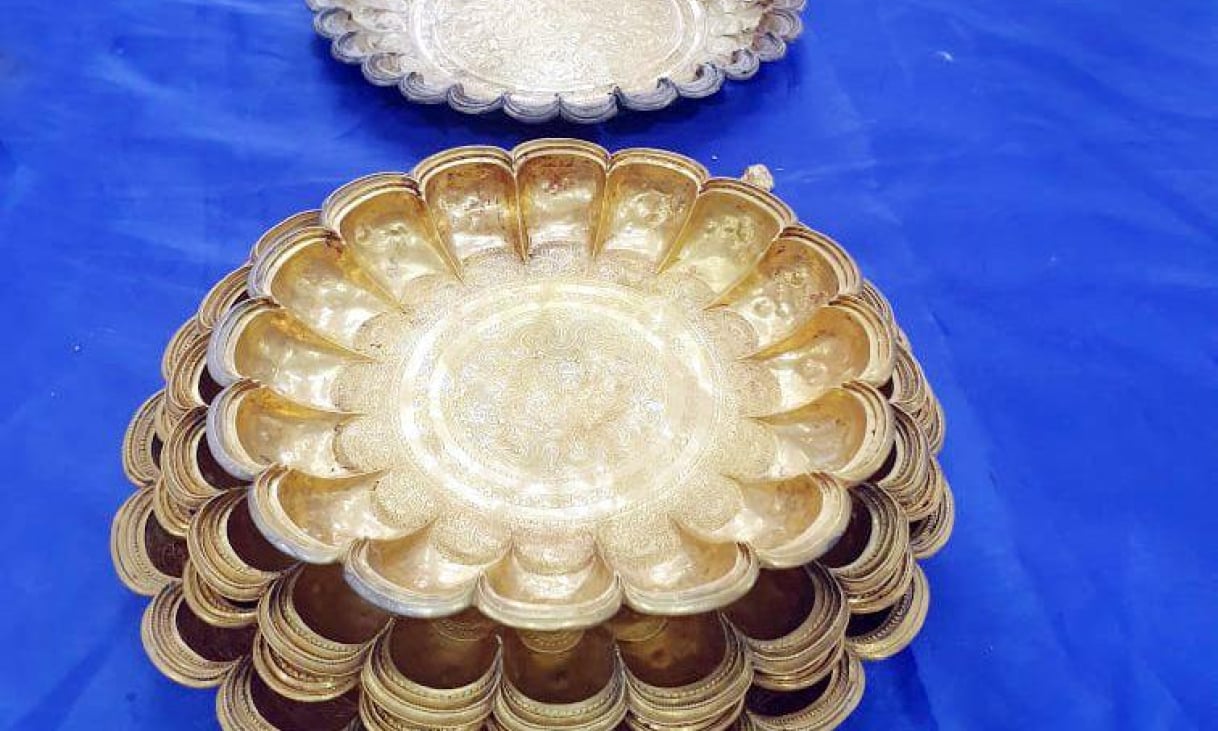

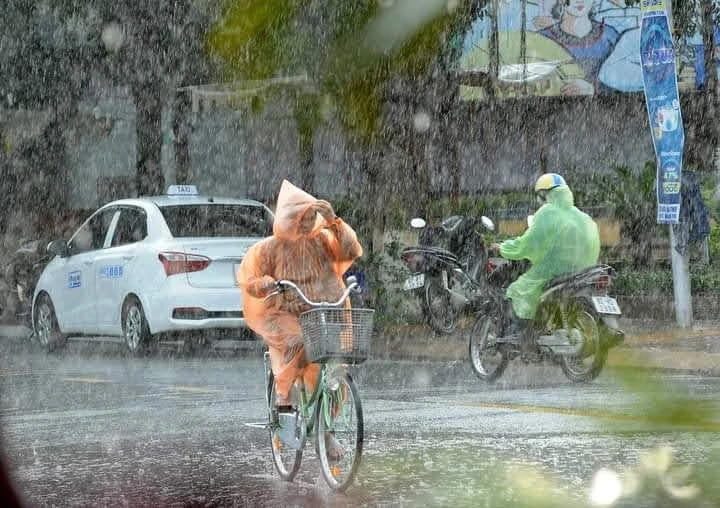
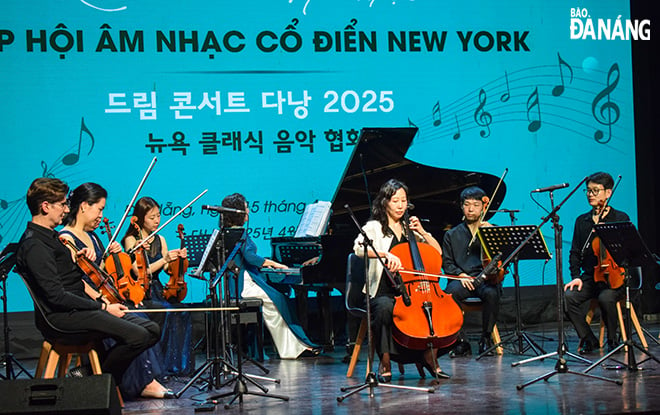




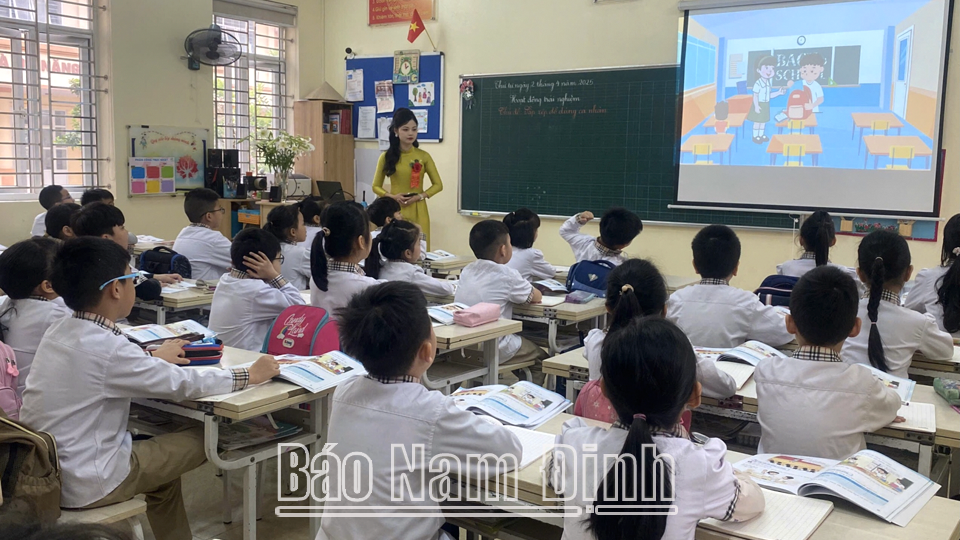
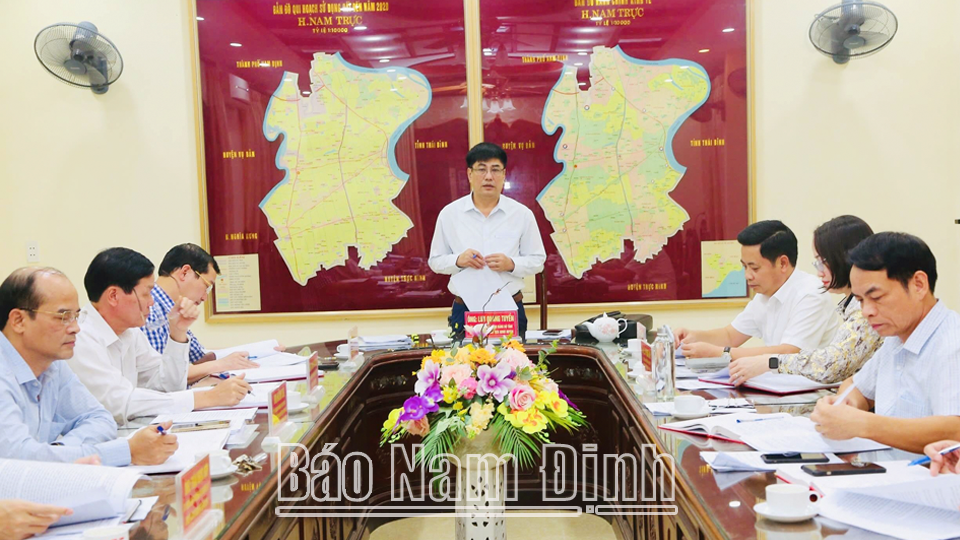
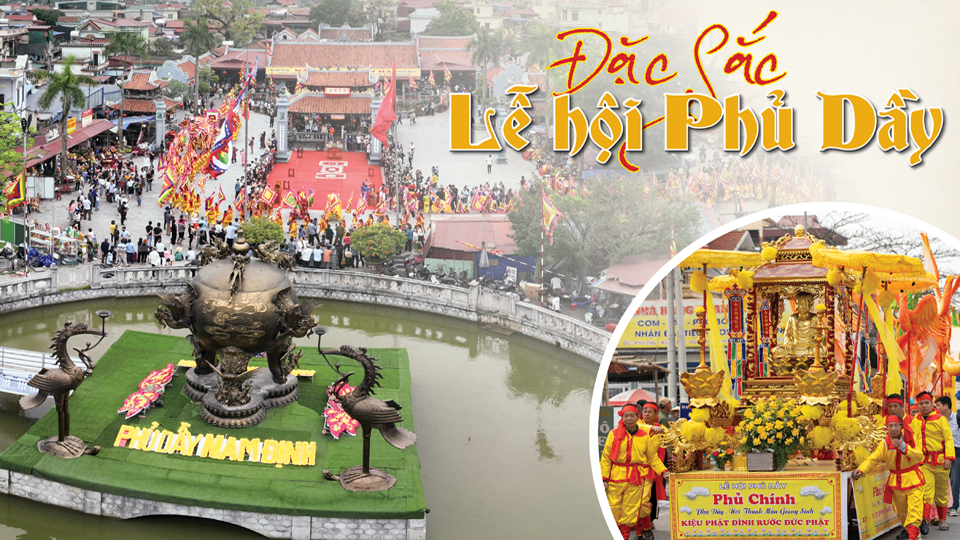
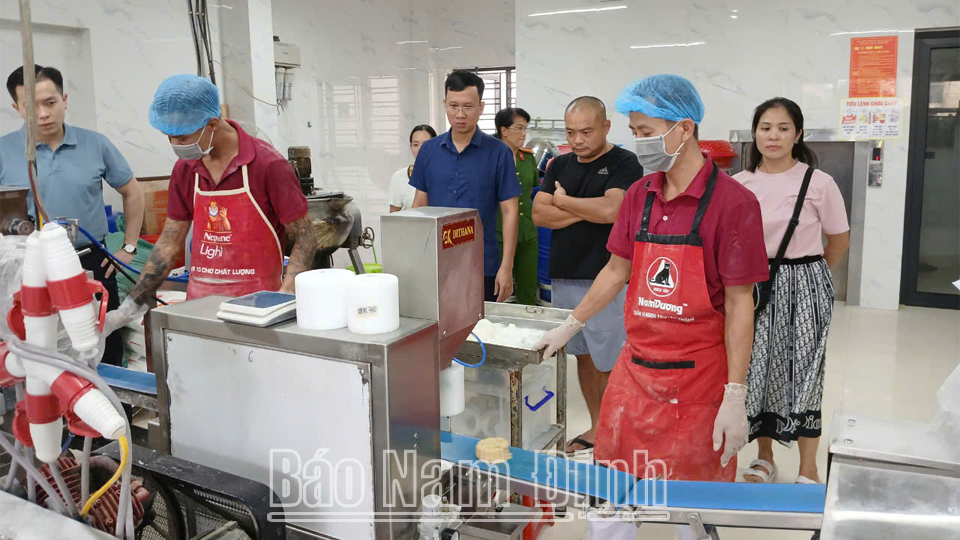
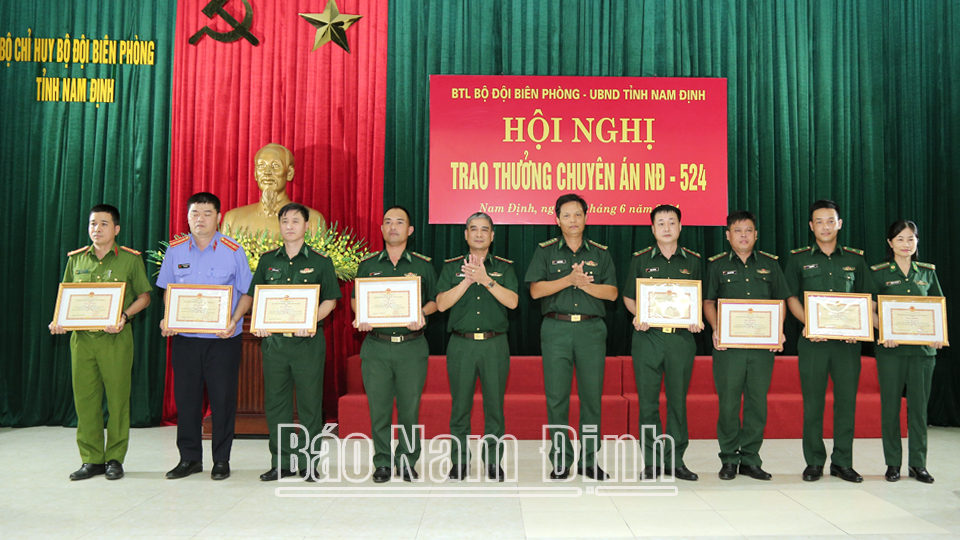
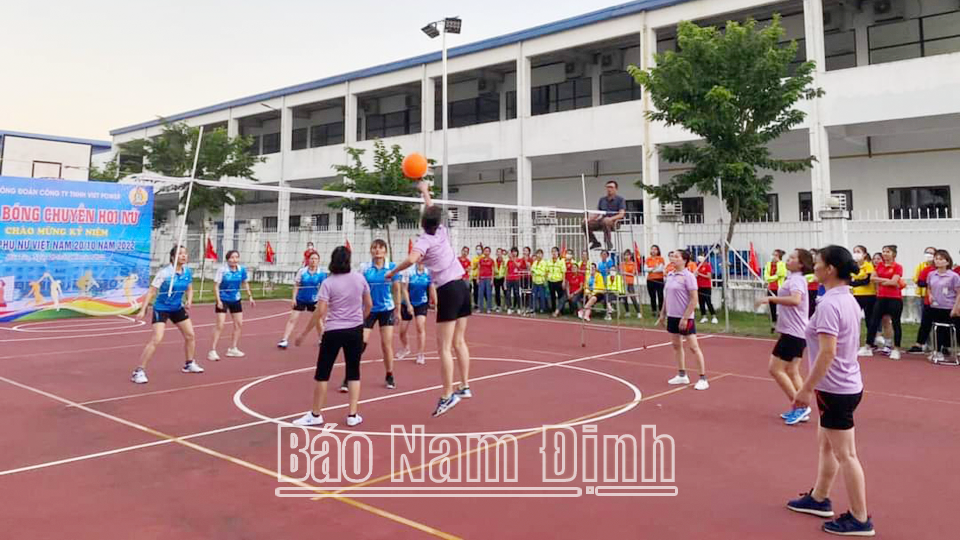
![[Photo] National Assembly Chairman Tran Thanh Man attends the summary of the organization of the Conference of the Executive Committee of the Francophone Parliamentary Union](https://vstatic.vietnam.vn/vietnam/resource/IMAGE/2025/4/15/fe022fef73d0431ab6cfc1570af598ac)





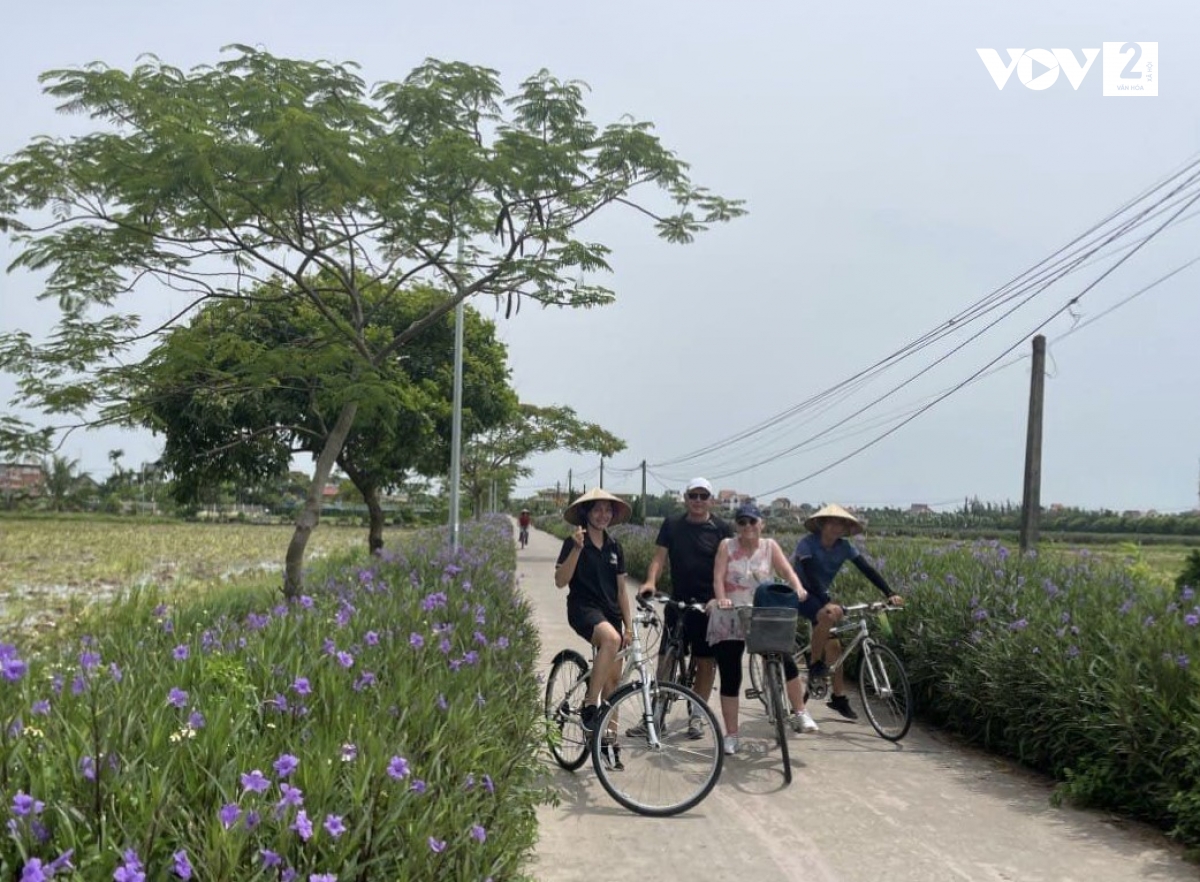

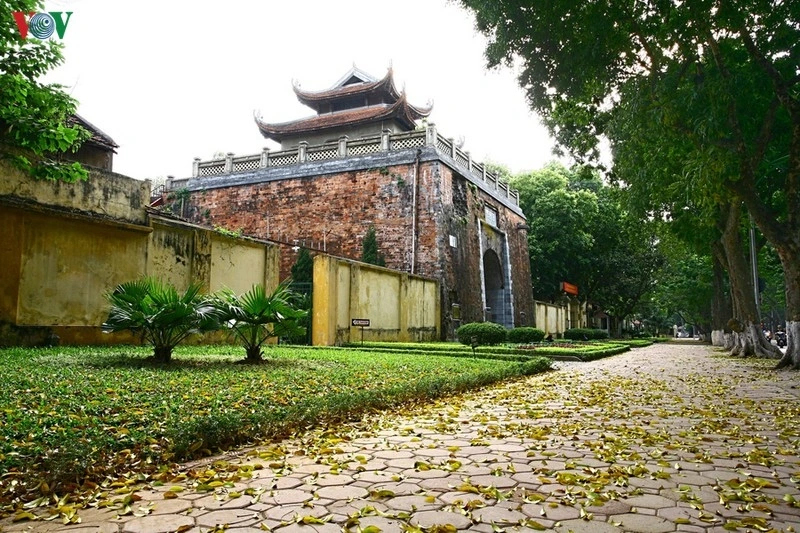
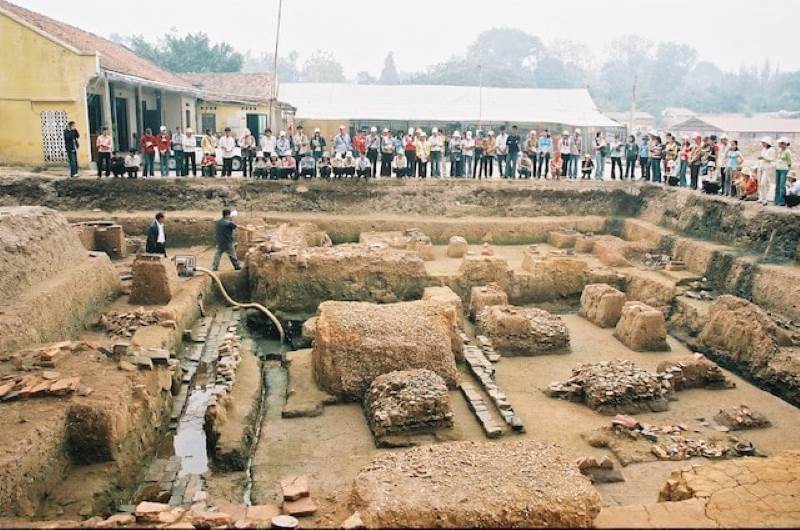

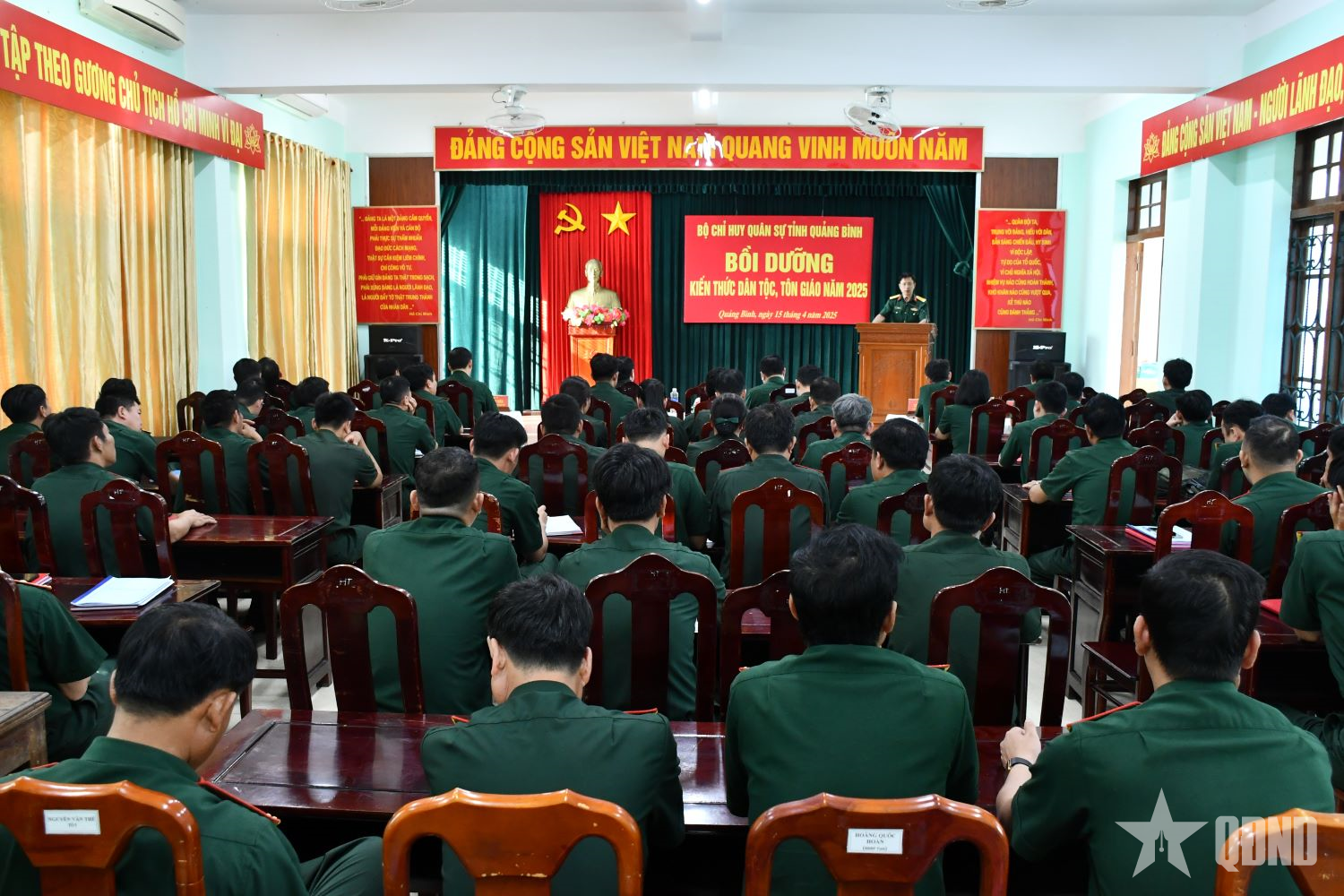

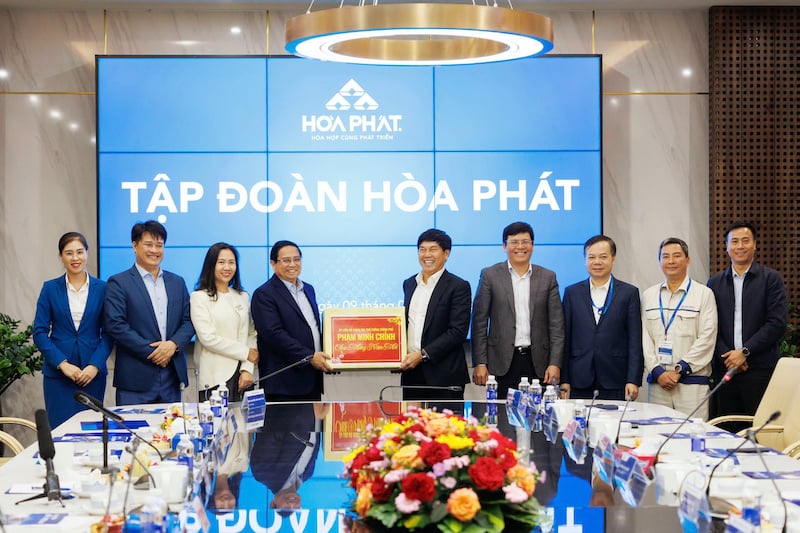

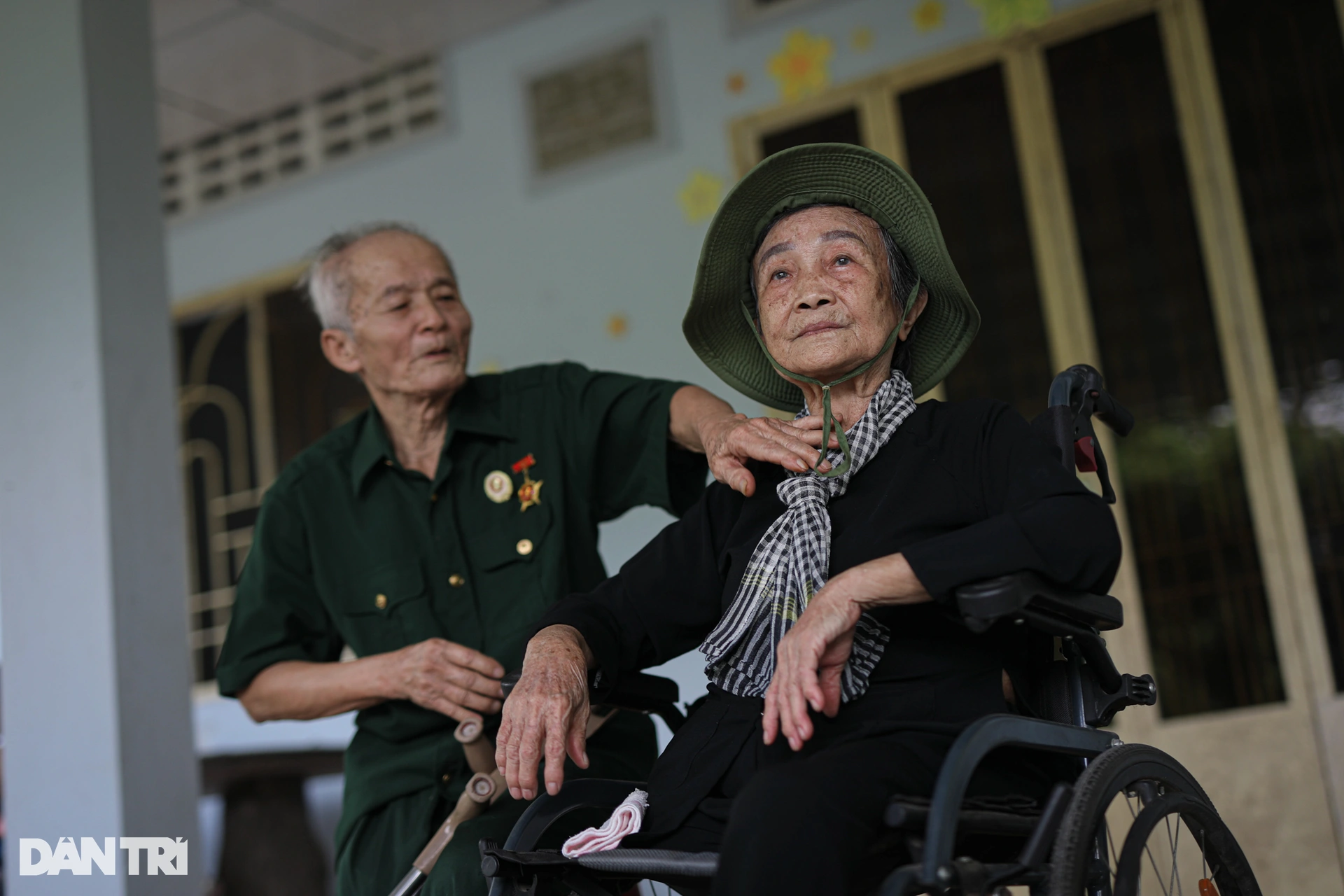

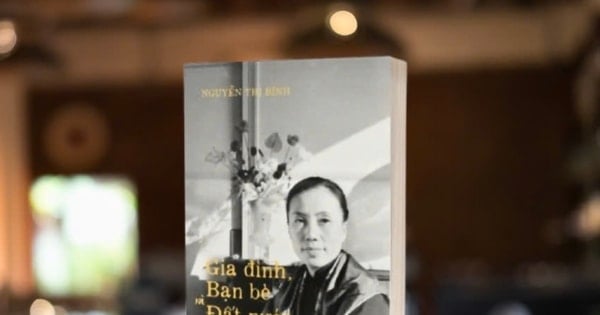

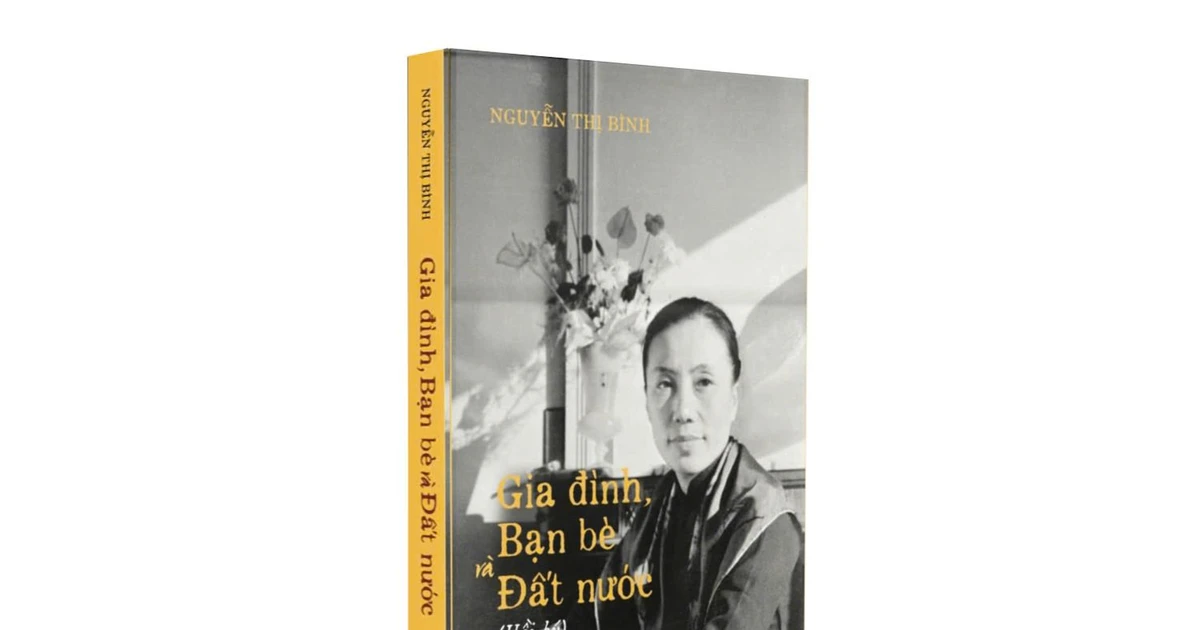





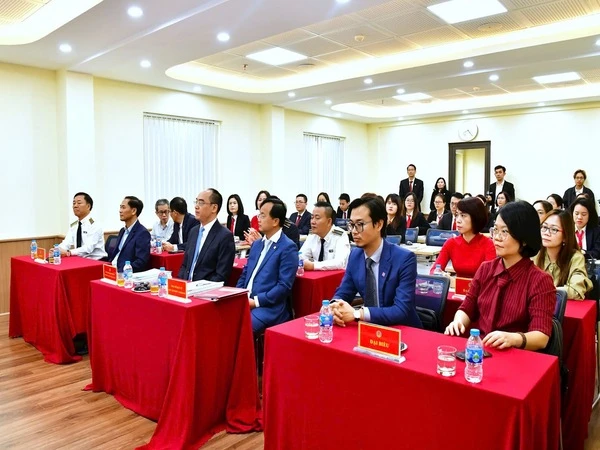
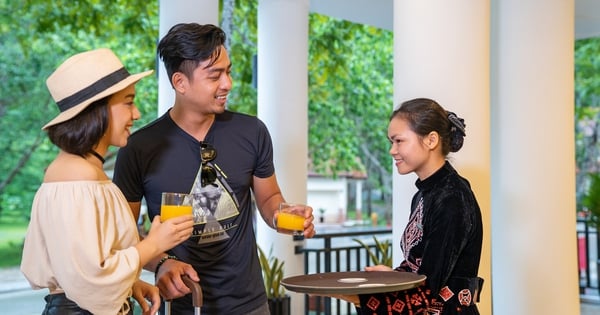










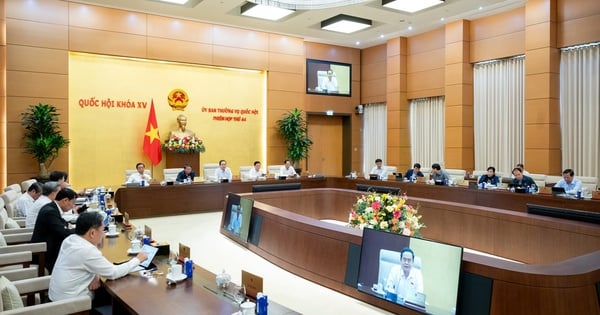

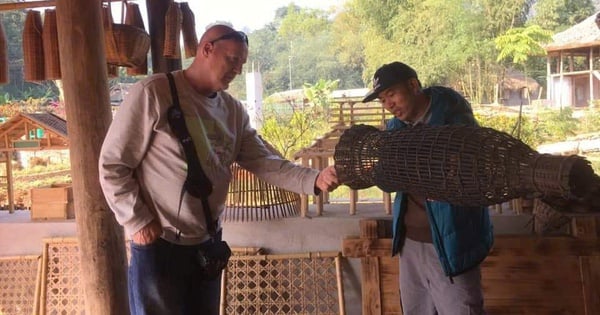

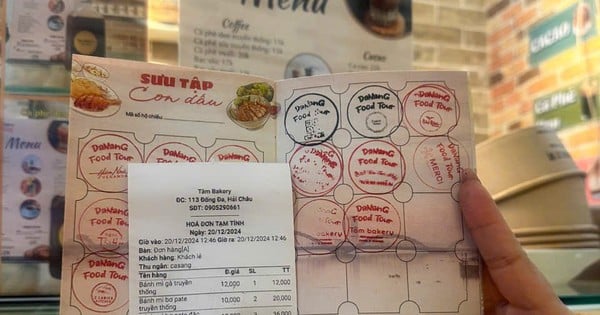
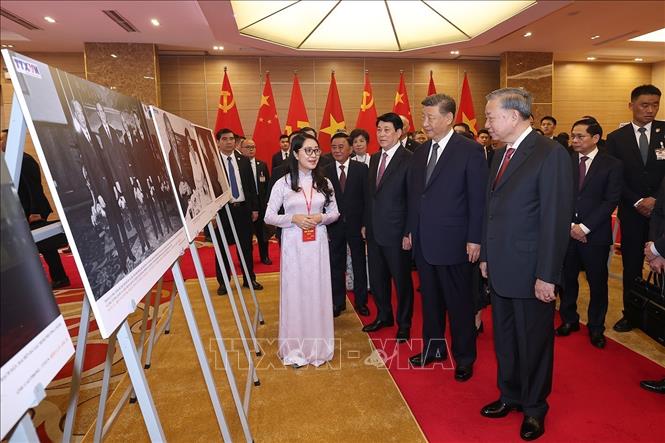

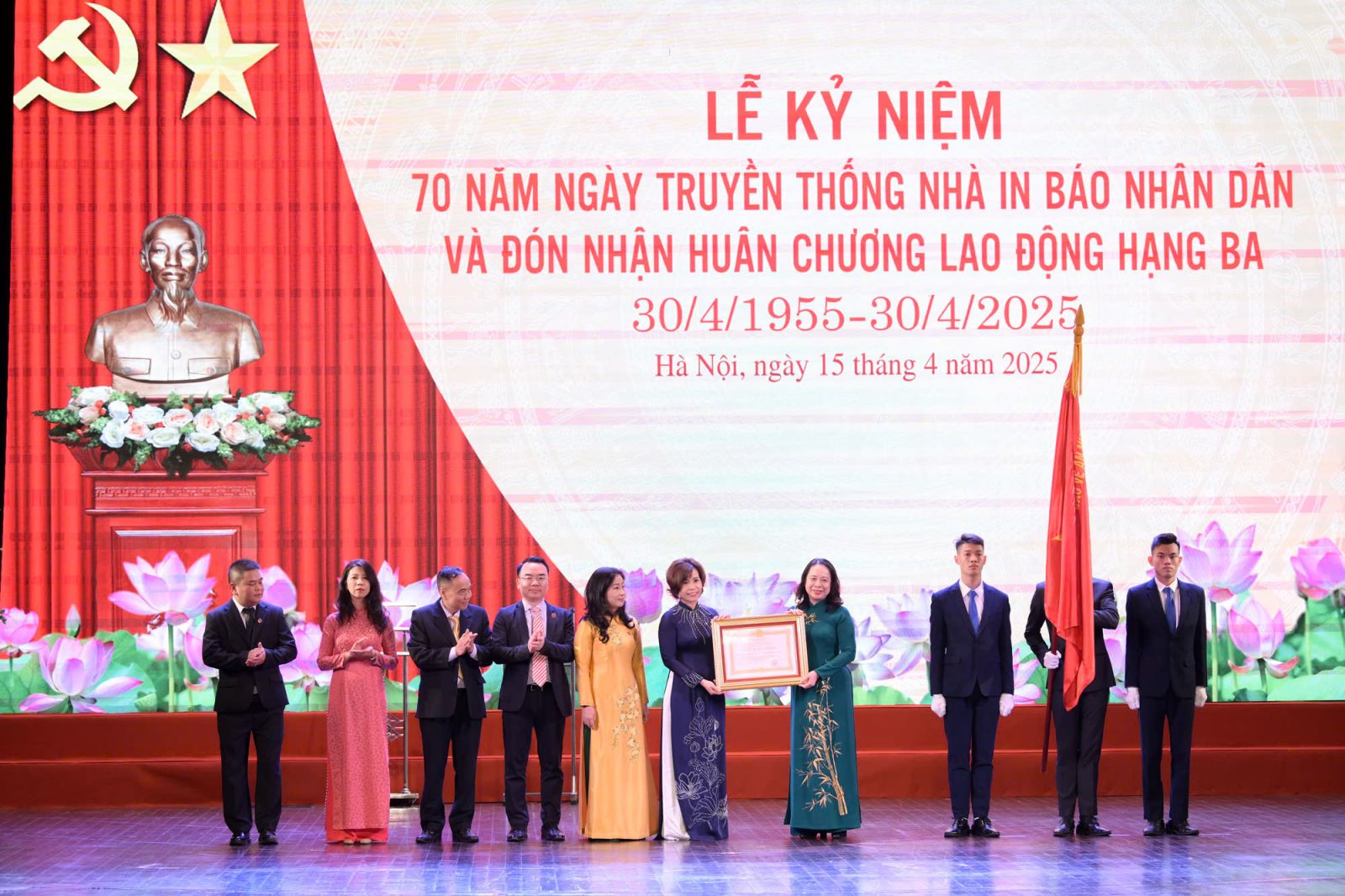
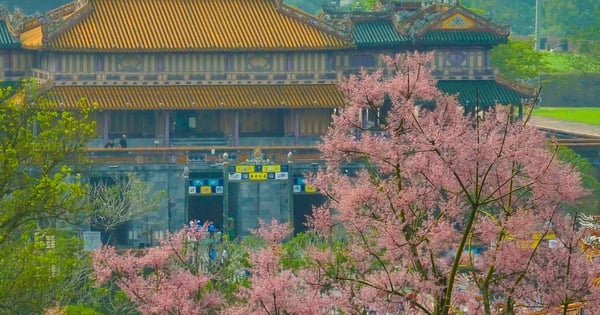
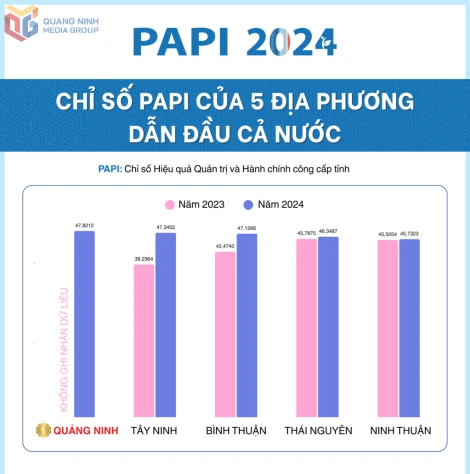



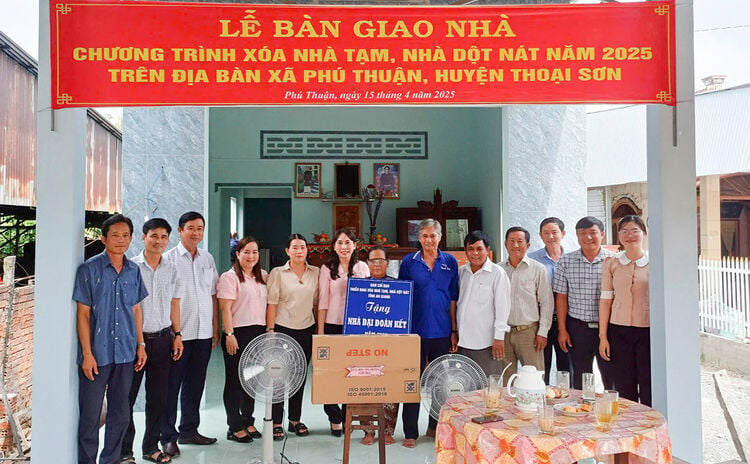

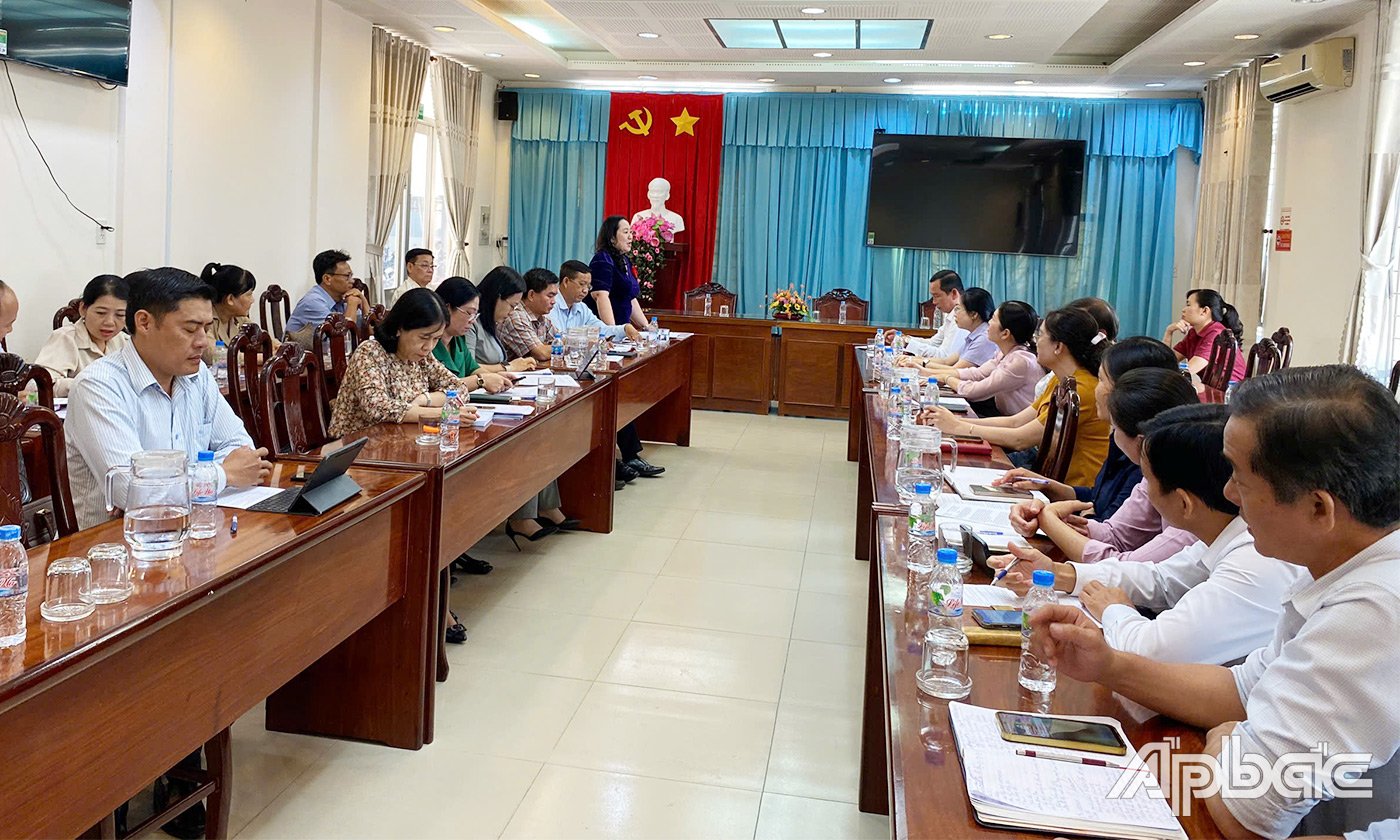

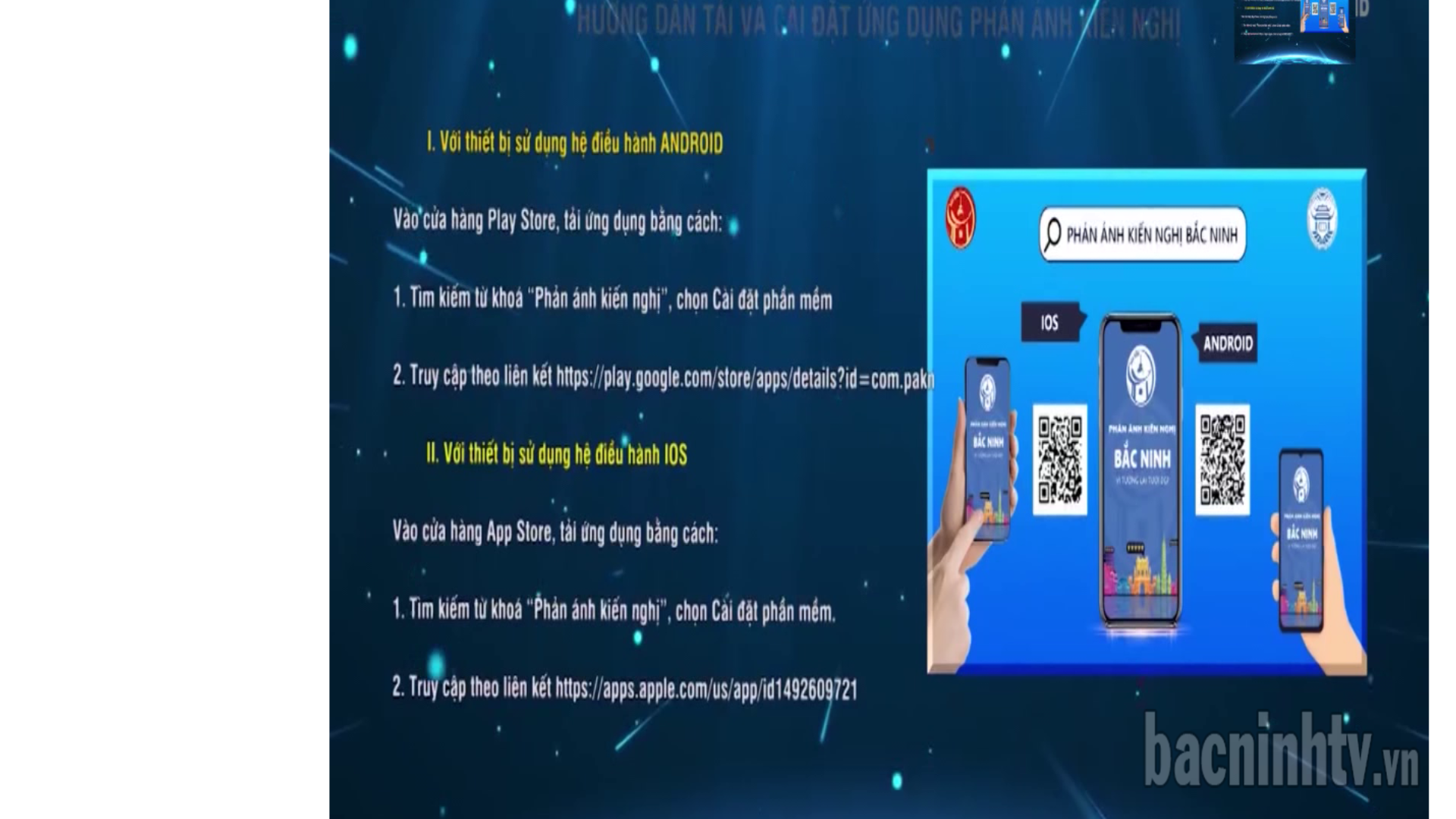
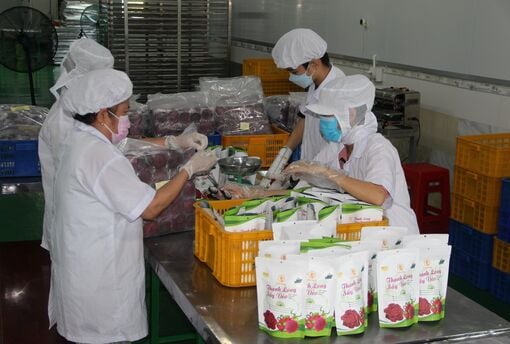
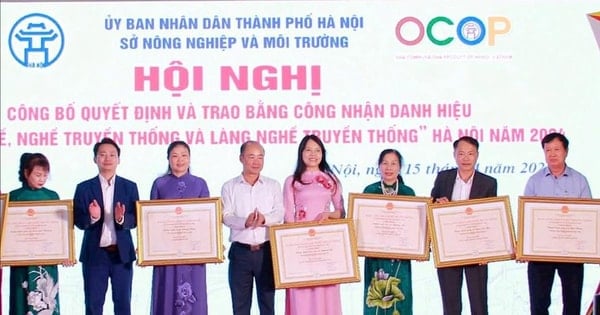


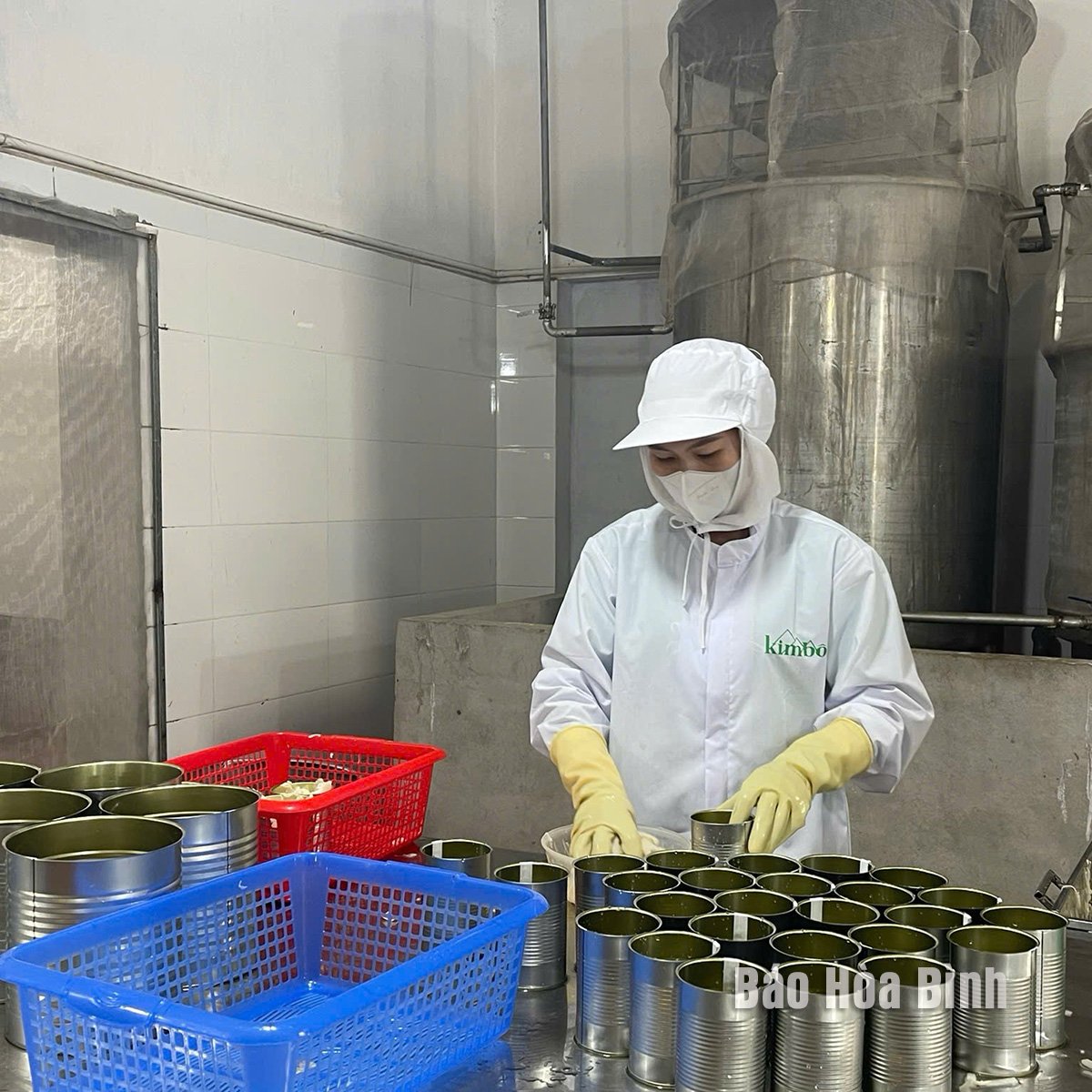

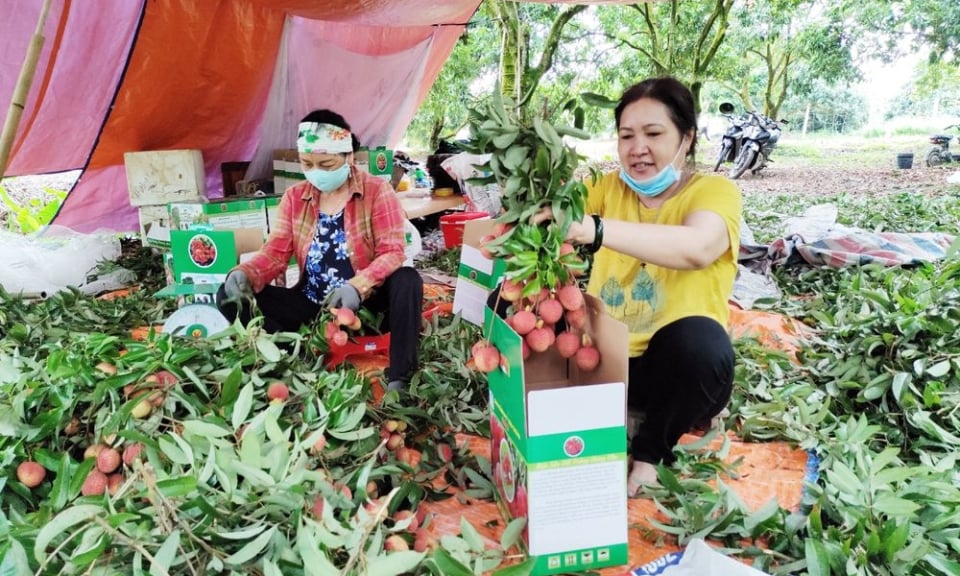

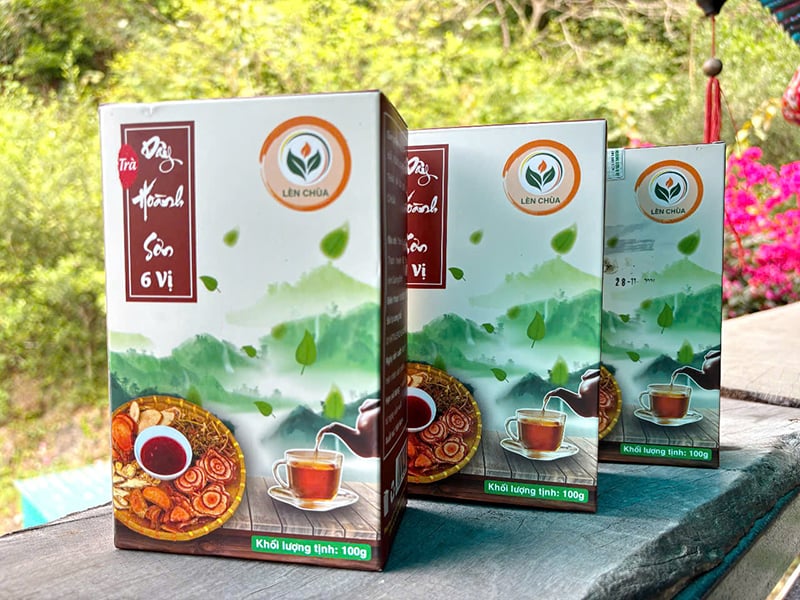
Comment (0)